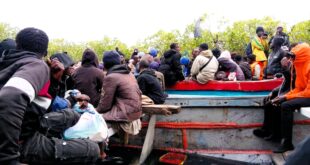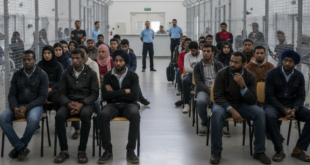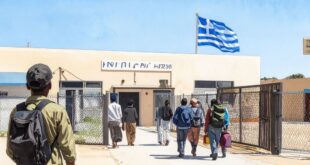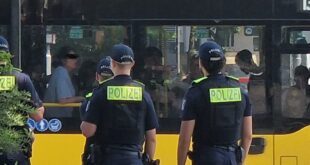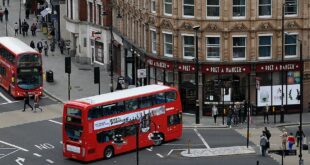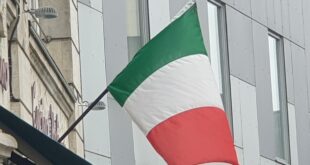The Danish government has agreed on a controversial policy to detain rejected asylum-seekers convicted of breaking certain laws on an isolated, uninhabited island. According to a government statement, the new centre will also house refugees who have a “tolerated stay” status, meaning they do not have a residence permit but cannot be deported for reasons, including threats to their life if they are sent home, and those who are set to be deported due to criminal activity or for national security reasons.
The scheme is part of an agreement between Denmark’s conservative coalition government and its anti-immigration ally, the Danish People’s Party.
Speaking on the plan, immigration minister Inger Støjberg commented that the migrants “are unwanted and they will feel it.” “When you are unwanted in Danish society, you should not be a nuisance for regular Danes,” she added.
According to the plan, which must still be passed by the parliament, the centre for the “unwanted” migrants will be built on Lindholm Island in the southeast of the country, which for decades has housed a research centre for seriously ill and contagious animals. Inmates of the centre, with an initial capacity of 100 persons, will have their movement restricted like being required to sleep in the facility every night and there will be police there around the clock.
Refugees and refugee advocacy groups have condemned the plan. A demonstration against the proposed policy will take place in Copenhagen on 10 December, a date that marks 70 years since the United Nations adopted the Universal Declaration of Human Rights.
The controversial migrant detention is the latest in a series of tighter migration laws enacted by the coalition government of Prime Minister Lars Løkke Rasmussen. Rasmussen’s Venstre party and the country is gearing up for a general election, which must be held by June 2019.
Felix Dappah
 THE AFRICAN COURIER. Reporting Africa and its Diaspora! The African Courier is an international magazine published in Germany to report on Africa and the Diaspora African experience. The first issue of the bimonthly magazine appeared on the newsstands on 15 February 1998. The African Courier is a communication forum for European-African political, economic and cultural exchanges, and a voice for Africa in Europe.
THE AFRICAN COURIER. Reporting Africa and its Diaspora! The African Courier is an international magazine published in Germany to report on Africa and the Diaspora African experience. The first issue of the bimonthly magazine appeared on the newsstands on 15 February 1998. The African Courier is a communication forum for European-African political, economic and cultural exchanges, and a voice for Africa in Europe.




